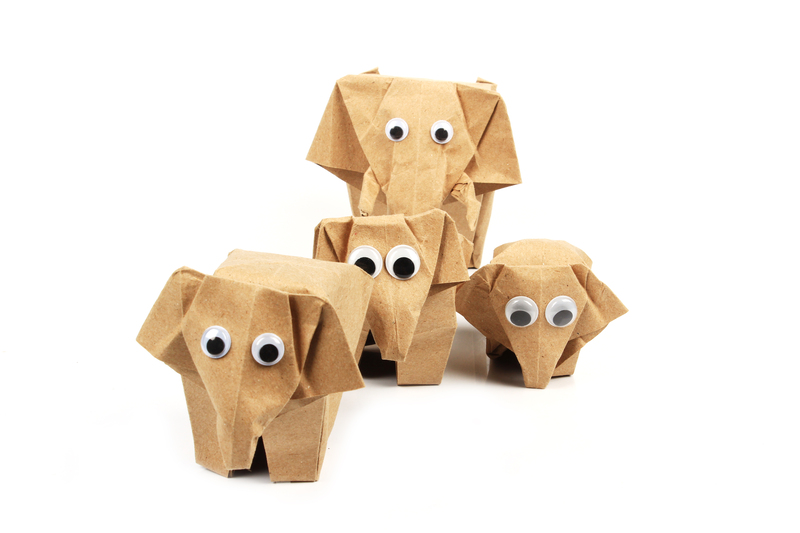In today's world, sustainability is more than just a buzzword--it's a necessity. As industries progress towards more eco-friendly practices, the restaurant industry is at the forefront of embracing waste recycling. This movement not only helps the environment but also saves money and attracts environmentally conscious customers. Let's explore how some innovative restaurants have taken the lead in recycling waste and setting benchmarks for the industry.
The Growing Importance of Eco-Friendly Practices in Restaurants
With the global food industry generating an estimated 1.3 billion tons of waste annually, restaurants have become key players in reducing this number. The emphasis on recycling has prompted restaurateurs to rethink every aspect of their operations, from minimizing food waste to recycling materials. The result is a more proficient, greener establishment that paves the way for the future of dining.
Benefits of Waste Recycling in the Food Industry
- Reduction of Landfill Waste:
Recycling significantly reduces the amount of waste destined for landfills. This conservation effort plays a vital role in protecting ecosystems often affected by landfill disposal.
- Resource Optimization:
By recycling, restaurants can convert waste into valuable resources, such as bioenergy and compost, optimizing material use.
- Cost Savings:
Investing in waste recycling systems can lead to significant cost savings on waste disposal and resource procurement, increasing profit margins.
- Enhanced Public Image:
Adopting environmentally friendly practices enhances a restaurant's public image, attracting eco-conscious customers and improving community relations.

Pioneering Restaurants in Waste Recycling
Some restaurants excel in implementing comprehensive waste recycling programs, setting an example for others in the industry. Let's take a closer look at these initiatives:
1. Noma - Copenhagen, Denmark
Noma, often heralded as one of the world's best restaurants, leads the way in sustainable food practices. Their innovative kitchen transforms food waste through fermentation and other preservation techniques, reducing waste while enhancing flavors. Leftover produce and edibles are composted or recycled into energy, minimizing landfill contribution.
2. Blue Hill at Stone Barns - Pocantico Hills, USA
Blue Hill at Stone Barns is celebrated for its farm-to-table philosophy, sourcing ingredients from their own farm. Their integrated waste management system ensures that everything from scraps to packaging is either composted or recycled. By turning waste into fertilizers, Blue Hill supports a regenerative farming cycle, showcasing an exemplary model of a no-waste restaurant.
3. Silo - Brighton, UK
Silo stands out with its zero-waste policy. By forgoing traditional packaging, the restaurant buys directly from suppliers and collaborates with local farms to turn food waste into compost. This approach has significantly lowered Silo's environmental footprint, demonstrating the power of innovative waste management strategies in sustainability.

Implementing Waste Recycling Practices in Your Restaurant
Integrating recycling practices requires a strategic approach. Here's how restaurants can follow in the footsteps of industry pioneers:
1. Conduct a Waste Audit
Understanding the volume and types of waste generated is crucial. A waste audit helps in identifying areas where recycling or reduction can occur.
2. Establish Recycling Stations
Set up designated areas for different types of recyclable materials, including glass, plastics, and compost. Proper signage and training ensure that staff can segregate waste efficiently.
3. Partner with Recycling Companies
Collaboration with local waste management firms can help in the effective recycling of materials. Organizations specializing in restaurant waste will often offer tailored solutions to meet specific needs.
4. Educate and Train Staff
Employees must be well-informed about recycling protocols. Providing regular training can significantly enhance the effectiveness of your recycling initiatives.
5. Engage and Inform Customers
Communicating your restaurant's commitment to waste recycling engages customers and promotes an eco-friendly dining culture. Social media and in-restaurant notices can help spread awareness.
The Future of Waste Recycling in Restaurants
As consumer expectations evolve, so too must the restaurant industry. The future lies in embracing comprehensive recycling initiatives that conserve resources and minimize environmental harm. In the coming years, we can expect to see more restaurants adopting innovative technologies to achieve greater efficiency and sustainability in waste management.
In conclusion, leading restaurants exemplify the potential for eco-friendly practices within the industry. By pioneering the way in waste recycling, they serve as a beacon for others, helping to create a more sustainable future for all. Restaurants that invest in reducing their environmental footprint not only benefit the planet but also enhance their brand and appeal to an ever-growing demographic of environmentally conscious diners.